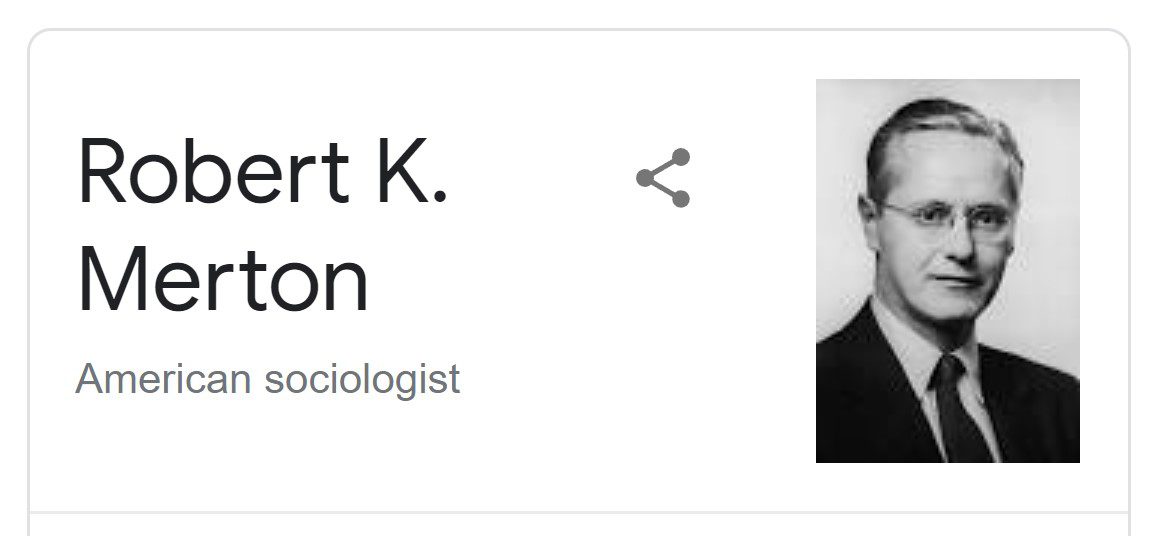As a proponent of the structural-functional theory, Robert K Marton only makes more limited demands for this perspective. Merton assumes that this functional, structural approach significantly influences the advancement of sociological knowledge. However, he considered structural functionalism still impossible to solve all social problems.
Merton himself proposed Merton’s functional analysis model, which he got due to the development of a thorough knowledge of classical theories, including the work of Max Weber. Weber influenced Merton’s thinking regarding bureaucracy, thus making Merton more limited in viewing bureaucracy, as was Weber.
As for the modern bureaucratic organization, according to Merton, it contains the following concepts:
- bureaucracy is a form of social structure that is organized rationally and formally;
- bureaucracy includes a pattern of activities with clear boundaries;
- the actions that take place in the system are ideally related to the goals of the organization;
- positions in the organization are integrated into the overall bureaucratic structure;
- The existing statuses in the bureaucracy are arranged in a hierarchical arrangement;
- Detailed rules limit obligations and rights in the bureaucracy;
- authority lies in the position, not in the person;
- the relationships that exist between people are formally restricted.
The bureaucratic model, as described by Merton, can be illustrated in the form of large-scale organizations. For example, such as companies, universities, or academies.
Merton’s functional analysis theory can be summarized in three postulates as available analysis, which he then refines individually. In summary, the first postulate is the postulate of the functional unity of society, which shows that the available unit of society has parts that work together in an adequate level of internal consistency without producing a prolonged unresolved conflict.
The second postulate is the postulate of universal functionalism, assuming that all standardized social and cultural forms have their positive functions, which can establish a balance in the social system.
The third postulate completes the trio of postulates of functionalism in the form of the postulate of indispensability; namely in every type of civilization, every habit, idea, material object, and belief all fulfill several essential functions and tasks that must be carried out so that they cannot be separated in the activities of the system as a whole.
Put, in this third postulate, all aspects of society’s standards have a positive function and represent inseparable parts of the whole. This postulate leads to the idea that all structures and functions are functionally necessary for society.

